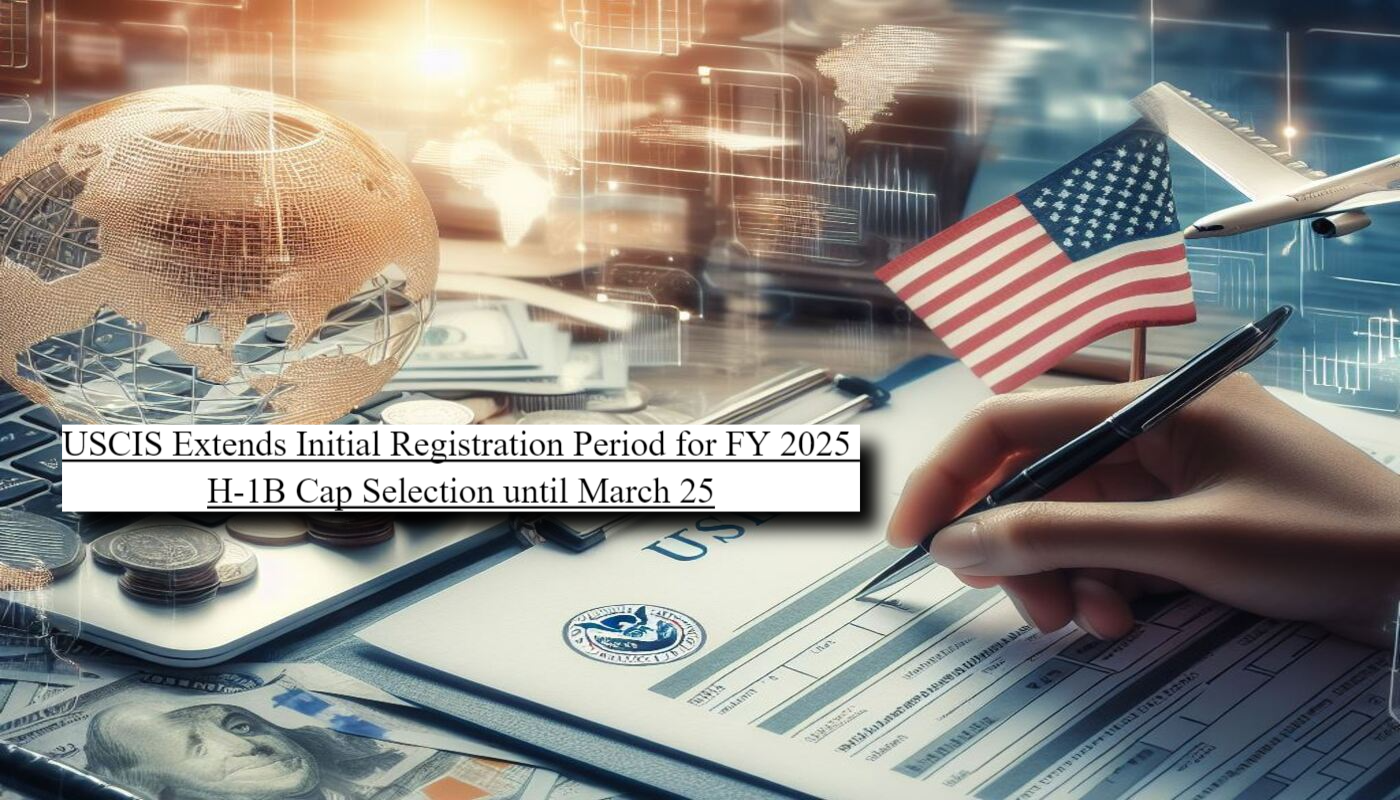With concerns over a potential U.S. economic downturn dispelled and financial markets once again optimistic about growth, a surge in immigration is reshaping economic trajectories and could even temper inflationary pressures.
As one of the most contentious issues in the upcoming White House election, upward revisions to U.S. immigration estimates are prompting economists and investors to reassess economic and inflation projections. The anticipated rise in immigration numbers is expected to lead to higher growth forecasts and alleviate labor supply constraints, presenting a significant opportunity for the economy.
The recent adjustments in immigration estimates, particularly highlighted in the U.S. Congressional Budget Office’s (CBO) long-term economic projections, underscore the potential impact on workforce expansion and economic output. The CBO’s revised projections anticipate a substantial increase in the labor force over the next decade, driven primarily by rising net immigration.
While debates continue regarding the implications of this surge in migrant numbers, economists emphasize the significant economic effects already evident. The revised immigration figures are believed to explain the unexpected resilience in consumer spending and overall economic growth since 2022.
Furthermore, experts suggest that the labor market could operate at a higher capacity without fueling wage and inflationary pressures, indicating a potential shift in long-term growth dynamics.
These developments have significant implications for Federal Reserve policy decisions and investor perceptions of sustainable growth and returns. The renewed optimism in financial markets, coupled with the potential for accelerated economic expansion, underscores the importance of immigration in shaping the economic landscape.
However, uncertainties remain regarding the long-term implications of increased immigration, including its impact on government debt and inflation. The upcoming presidential election is poised to further shape immigration policies, potentially influencing the trajectory of recent immigration trends.
As the immigration issue takes center stage in political discourse, the economic ramifications of differing policy approaches are likely to influence the duration and pace of current immigration trends, with potential implications for future economic growth and stability.
Source: Reuters




















